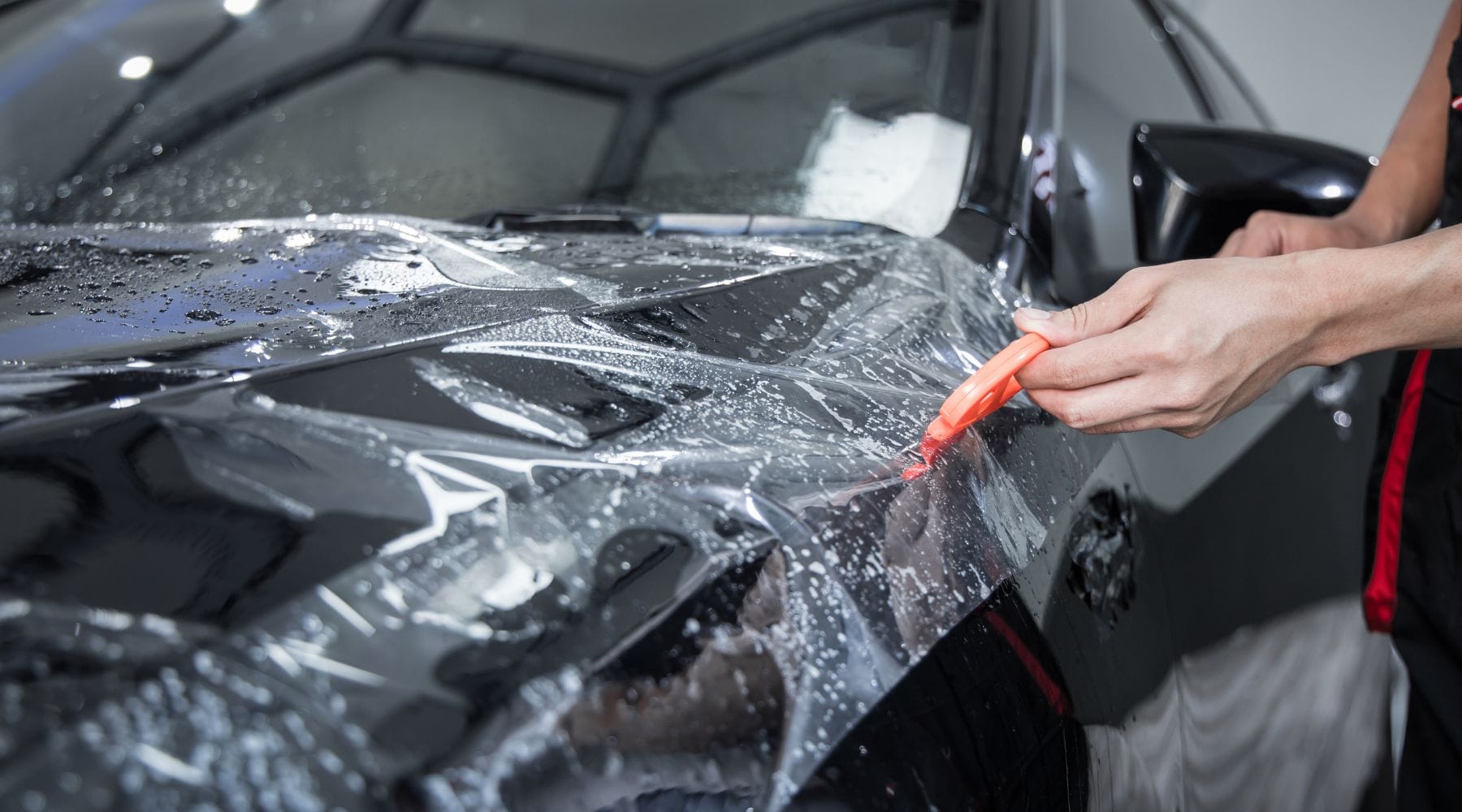Because every crisis presents opportunity, here’s one we’ve kicked around: Is this a good time to snag a deal on a car? The laws of supply and demand (as well as plunging interest rates) say yes, absolutely, and carmakers are currently offering a slew of promotions. But the COVID-19 pandemic imposes its own set of caveats.
See Also: Protecting Your Car During COVID-19
It’s a little different now. As with so many things, the disruption to car sales caused by COVID-19 differs by state; some states had specifically called for the closure of showrooms. Dealers pushed back, both by lobbying to have car sales declared an “essential business” and by finding workarounds. Then there’s the question of what you are supposed to be doing. Is leaving your house to shop for a new car an essential trip? That’s going to depend.
Some car vendors are more prepared than others for this new world–in no small part because the buy-from-home, no-showroom concept was their business model long before coronavirus came along.
Carvana, a pioneer in online car shopping, now offers a fully touchless exchange: You close the deal online, and the car arrives on a flatbed truck. Online car marketplace Shift will have a rep bring the car to you, wipe everything down and then let you take the car for a solo test-drive–and it is waiving up to $350 in shipping fees. TrueCar displays a “Buy from Home” badge for dealers that are participating in home delivery. CarGurus.com is spotlighting dealers that offer virtual appointments, free home test-drives and home drop-offs. And used-car megastore CarMax is offering a socially distanced sales system called CarMax Curbside. Among the features: You can test-drive alone.
But don’t rule out the old-school approach of just picking up the phone and calling your local dealer. Outfits that were behind the curve with online selling have lots full of cars they’re eager to move, somehow, and they’re finding ways to adapt.
Facing the end of her lease, Nina DeJonghe, a policy staffer who works on Capitol Hill, filled out her paperwork and even viewed her next car online to lessen the amount of time in the dealership. And when it came time to sign the paperwork for her Malibu at Sport Chevrolet in Silver Spring, Md., she was the only customer there. “I was told they had police patrolling the area to make sure there weren’t more than 10 people in the building at a time–or they would be shut down.”
So, the promotions. We can’t list them all here, but for new cars, financing is the theme: Lots of zero or near-zero rates, plus payment deferrals of up to six months. Ford, notably, is offering to pay for three of those six months (the F-Series Super Duty is exempt). Some are offering cash as well.
One reason to wait, however: Maybe car sales will get worse–that is to say, better from the perspective of a shopper looking to score a deal. George Augustaitis, director of industry analytics at CarGurus, says, “You might think back to what the automotive industry did during the 2008 recession and wait for the offers to improve. It’s possible that as time progresses, the incentives will increase as car companies try their best to move whatever inventory possible.”
On the used-car front, market conditions are looking very buyer-friendly. In an open letter to the industry, Dale Pollak, an executive vice president of Cox Automotive, wrote: “Cars are coming in, but they aren’t selling. Today’s huge supply of wholesale inventory suggests supplies will be even larger in the months ahead.” Cox owns Manheim, the country’s largest wholesale auctioneer, and Pollak says it’s struggling to find room to park all the cars coming in.
You don’t even need Econ 101 to see what that means for someone with the scratch to go car shopping.
See Also: The Best Cars for Senior Drivers
EDITOR’S PICKS
Copyright 2020 The Kiplinger Washington Editors





More Stories
Australia’s 4×4 Aftermarket Wheels: Embracing Performance, Style, and Adventure
Top Of the Line Amplifier – Pioneer Premier Series – PRS-A900 Review
5 Signs That It’s Time For An Engine Checkup